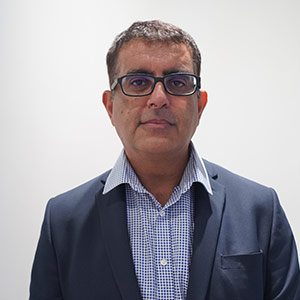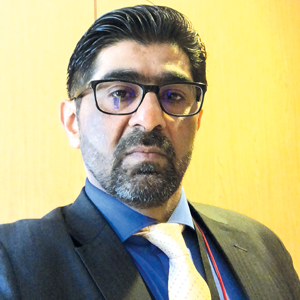Read Also
Digital Transformation in Fashion Retail - From Efficiency to Experience
Le Van, CTO, YODY Fashion
Driving It Transformation at Lactalis Australia
Sabina Janstrom, Chief Information Officer, Lactalis Australia
AI Adoption in Hospitality: Striking the Balance Between Innovation, Excellence and Trust
Phiphat Khanonwet, Head of IT, Onyx Hospitality Group
The AI Rat Race - Keeping Up with New Technologies or Waiting for Maturity?
Andreas Kurz, Global Head of Digital Transformation, ALFAGOMMA Group
The Role Of Digitalization In Transforming Airport Customer Experiences
Kebebew Bulto, Director Addis Ababa Bole International Airport, Ethiopian Airlines
From Chemical Solutions to Data Center Innovations
Akmal Zharif Bin Abdullah, Datacenter Manager, Aeon Credit Service (M) Berhad [KLSE: AEONCR]
Ethics & Compliance in a Digital World: Navigating HCP Engagement in APAC
Sherene Cham, Regional Director, Ethics & Compliance – APAC, Menarini Group
How AI is Driving Innovation and Customer-Centricity in Insurance
Xinfa Cai, Chief Innovation Officer, AIA Group























